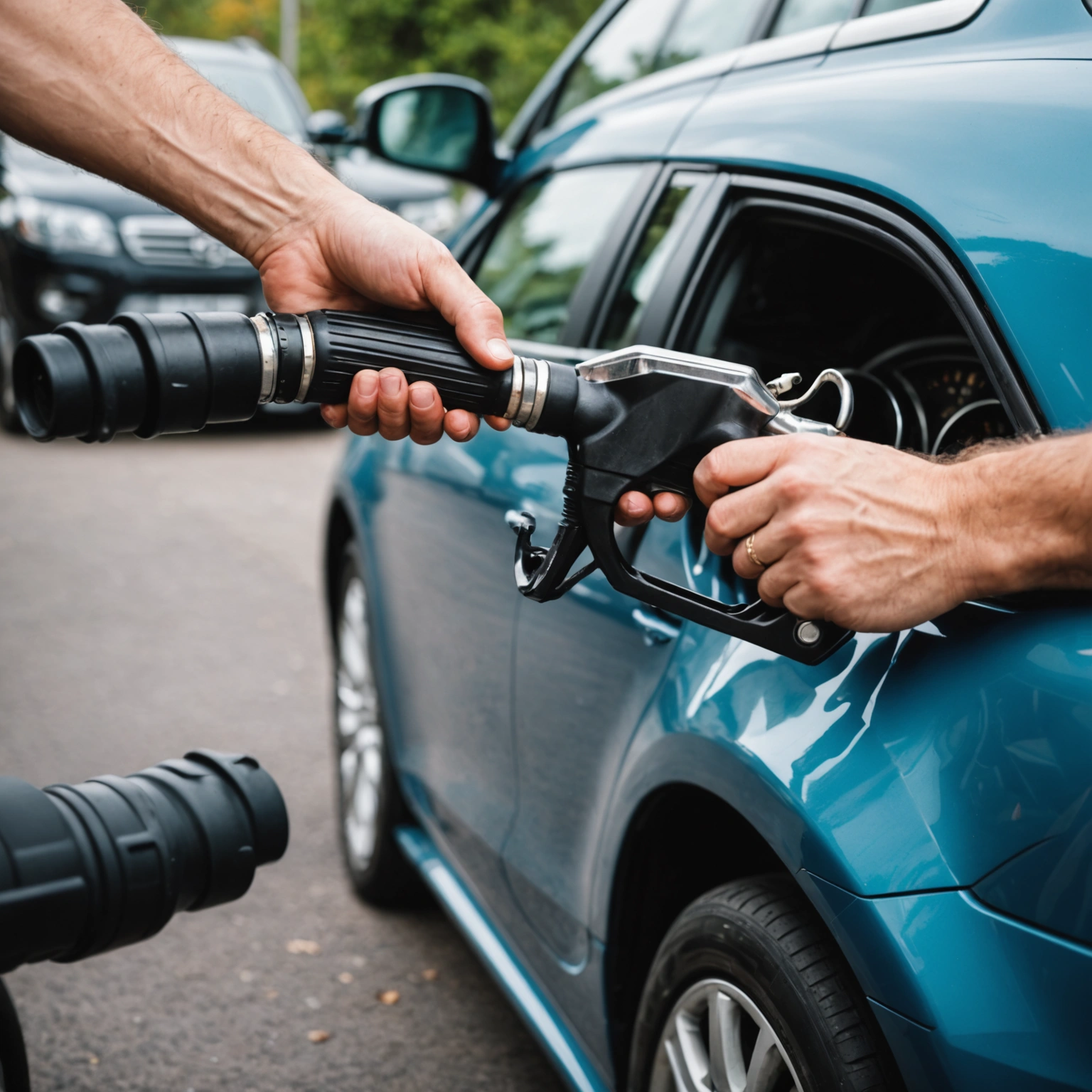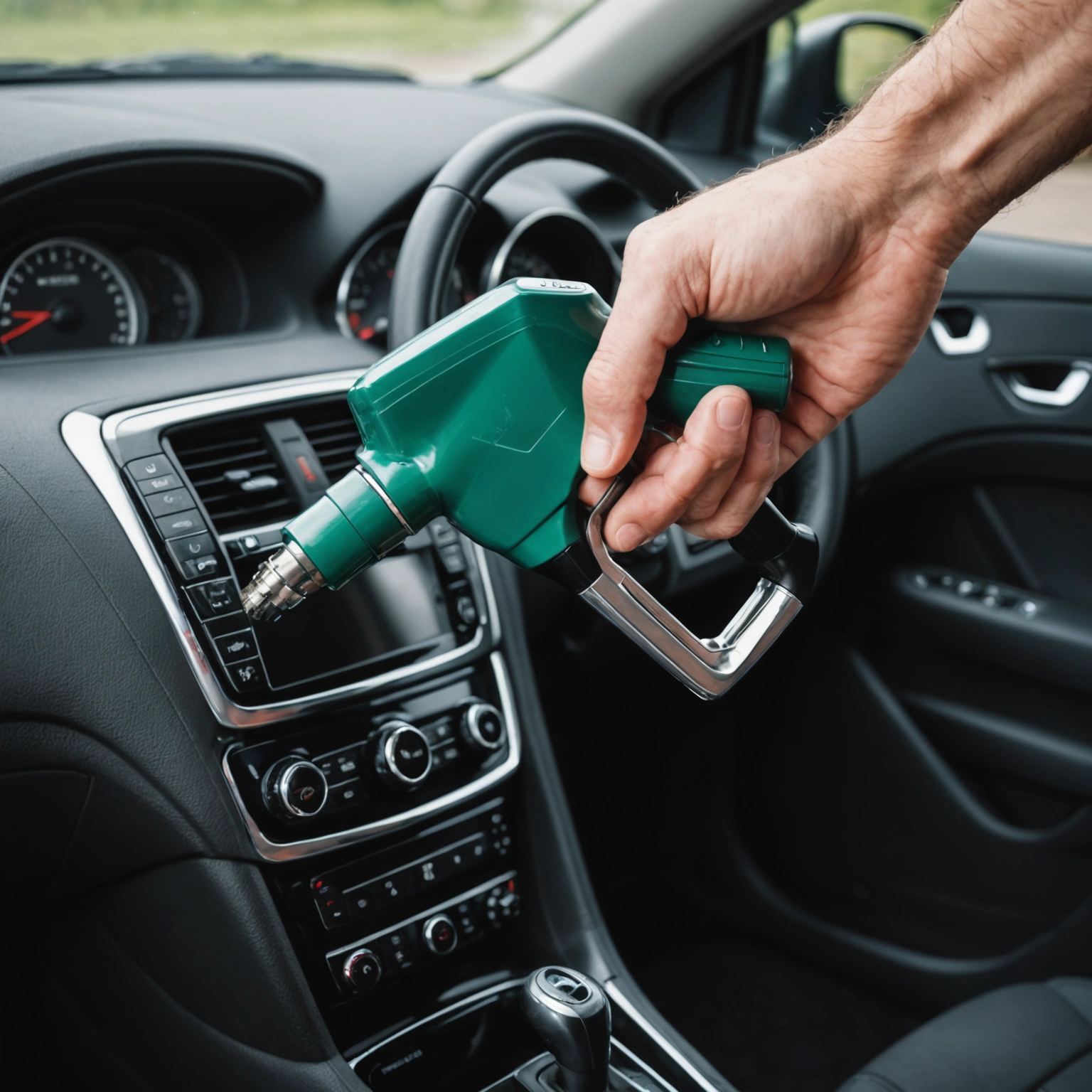**Why Does My Car Smell Like Petrol? Understanding the Causes and Solutions**
If you’ve noticed a strong petrol (gasoline) smell inside or around your vehicle, it can be alarming. Not only is the odor unpleasant, but it could also indicate a potential issue with your car’s engine or fuel system that warrants prompt attention. Let’s explore the common causes of a petrol smell in your car, what it might mean, and the steps you should take to resolve the problem.

### Common Causes of a Petrol Smell in Your Car
1. **Fuel Leak**

– **Description:** A leak in the fuel system is one of the most serious causes of a petrol smell. It could originate from the fuel lines, fuel injectors, fuel tank, or fuel filter.
– **Signs:** Visible fuel around the fuel tank or engine bay, persistent smell even when the car is off, or puddles of fuel underneath the vehicle.

– **Risks:** Fuel leaks pose fire hazards and can lead to engine performance issues or environmental harm.
2. **Loose or Damaged Fuel Cap**

– **Description:** The fuel cap seals the fuel tank and prevents vapors from escaping. If it’s not tightened properly or is damaged, it can allow petrol fumes to escape.
– **Signs:** Smell of petrol near the fuel door, especially after refueling.
– **Solution:** Ensure the cap is securely tightened or replace it if damaged.
3. **Evaporative Emission Control System (EVAP) Issues**
– **Description:** The EVAP system captures fuel vapors from the fuel tank and prevents them from escaping into the atmosphere. If components like the charcoal canister or valves are faulty, vapors may leak.
– **Signs:** Check engine light may come on, and you might notice a petrol smell during driving or refueling.
– **Solution:** Diagnostics and repairs by a professional mechanic are recommended.
4. **Fuel Injector or Fuel Line Problems**
– **Description:** Leaking or faulty injectors can cause excess fuel vapor or leaks.
– **Signs:** Rough idling, poor fuel economy, or smell of petrol.
– **Solution:** Inspection and replacement of faulty components.
5. **Bad Fuel or Contaminated Fuel**
– **Description:** Occasionally, poor-quality or contaminated fuel can produce a petrol smell.
– **Signs:** Engine performance issues, unusual odors, or black smoke.
– **Solution:** Drain and replace contaminated fuel, and consider using higher-quality fuel.
### What To Do If You Smell Petrol
– **Safety First:** If you detect a strong petrol smell, especially near the fuel tank or engine bay, **avoid driving your car**. Petrol vapors are flammable and pose a fire risk.
– **Inspect for Visible Leaks:** Look under your vehicle for puddles or stains.
– **Check the Fuel Cap:** Confirm it is tightly secured and undamaged.
– **Schedule a Professional Inspection:** Have a qualified mechanic perform a thorough diagnostic to identify leaks, faulty components, or EVAP system issues.
### Preventative Tips
– Regularly inspect your fuel system components.
– Ensure your fuel cap is always tight after refueling.
– Use high-quality fuel from reputable sources.
– Have your vehicle serviced routinely to catch potential issues early.
### Conclusion
A petrol smell in your car is not just an inconvenience—it can be a sign of serious mechanical issues that require prompt attention. From simple fixes like tightening the fuel cap to more complex repairs involving fuel lines or the EVAP system, addressing the problem quickly can ensure your safety, protect the environment, and keep your vehicle running smoothly.
If you’re unsure or uncomfortable diagnosing or repairing the issue yourself, don’t hesitate to contact a professional automotive technician. Safety should always come first!

